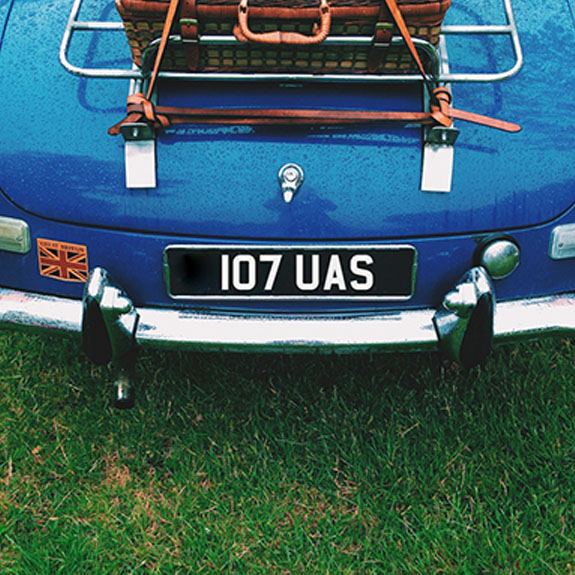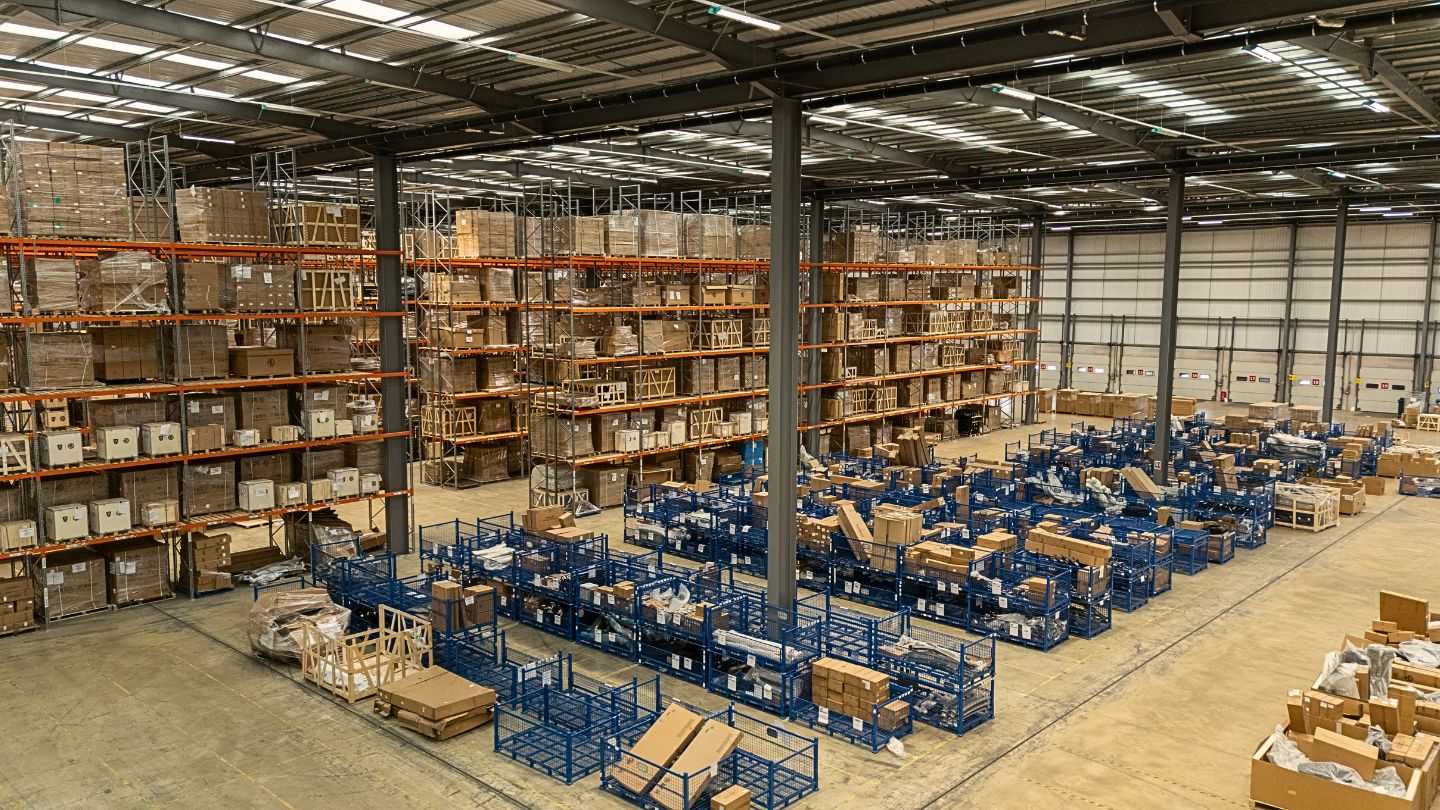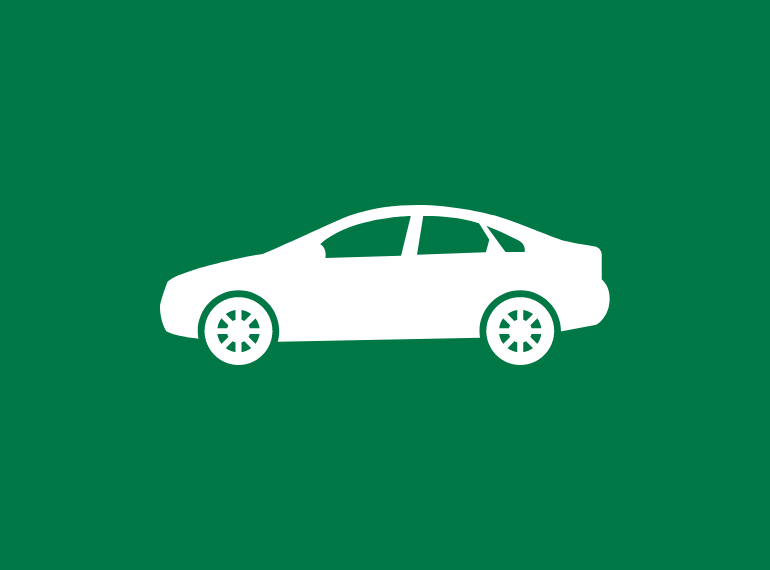DVLA consultation on historic vehicle registration processes
The Department for Transport (DfT) and the Driver and Vehicle Licensing Agency (DVLA) have launched a call for evidence around the existing policies and registration processes for historic, classic, and rebuilt vehicles.
The move follows some 18 months of dialogue between the FBHVC (Federation of British Historic Vehicle Clubs) and representatives of the DfT and DVLA, which sought to draw attention to the current challenges and inconsistencies surrounding the historic vehicle community’s interaction with their policies.
The announcement was made at Bicester Heritage on May 9, and the DfT and DVLA say they aim “To seek expertise and knowledge about whether these policies need updating to reflect evolving technologies that support the restoration and rebuilding of these vehicles.”
The consultation now offers the FBHVC’s member clubs, like the MG Car Club, the opportunity to shape the creation and evolution of policies to preserve our ability to restore, register, and use historic vehicles efficiently and fairly for tomorrow’s roads.
The document is complex, and the questions cover many topics that require a detailed understanding of the issues and technicalities involved. Furthermore, the historic vehicle community must work together to create a consensus that accurately reflects the community’s requirements.
Therefore, the FBHVC has innovatively published their positioning statement to give everyone a voice and make completing the consultation document less onerous. The positioning statement is split into sections relating to each part of the official consultation document that the Federation will complete on behalf of the community. The Federation’s team, led by Chairman David Whale; IT Director Tim Jarrett and his team, Legislation Director Lindsay Irvine and DVLA Liaison Manager Ian Edmunds, have formed a provisional response to each section and question that all members of the historic vehicle community can now read and indicate support for through an electronic survey. If you disagree, a further box requests more details to incorporate those views into the final response.
Once the feedback is collated, a formal consultation response document will be published and submitted, representing the responses received. As submissions are judged on the number of people the views represent, this will ensure a more impactful and consensus-driven response than would be possible if submissions were all made by individual people or clubs.
David Whale, Chairman of the FBHVC, said, “This is a unique and hard-won opportunity after our many months of dialogue with DVLA and DfT to address our challenges around the current systems once and for all. We welcome this opportunity to create and evolve a policy that will have a long-lasting impact on our freedoms and abilities to preserve and use transport heritage. But it’s imperative that we put forward a consensus and make our needs clearly understood; this is why we have chosen to address the consultation via a questionnaire in this way to represent as many voices from our community as possible in a single, consistent response is essential for success.”
The more views the FBHVC can capture and represent, the higher our chance of genuinely shaping the future for historic vehicles and evolving flawed registration and licensing systems, so we encourage everyone to respond via the FBHVC mechanism in the first instance.
Complete the consultation response here: http://evidence.fbhvc.co.uk and ensure your voice makes a difference.

 MG Car Club
MG Car Club

